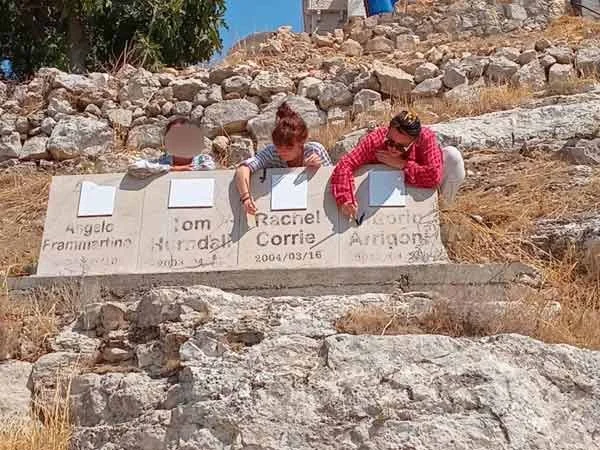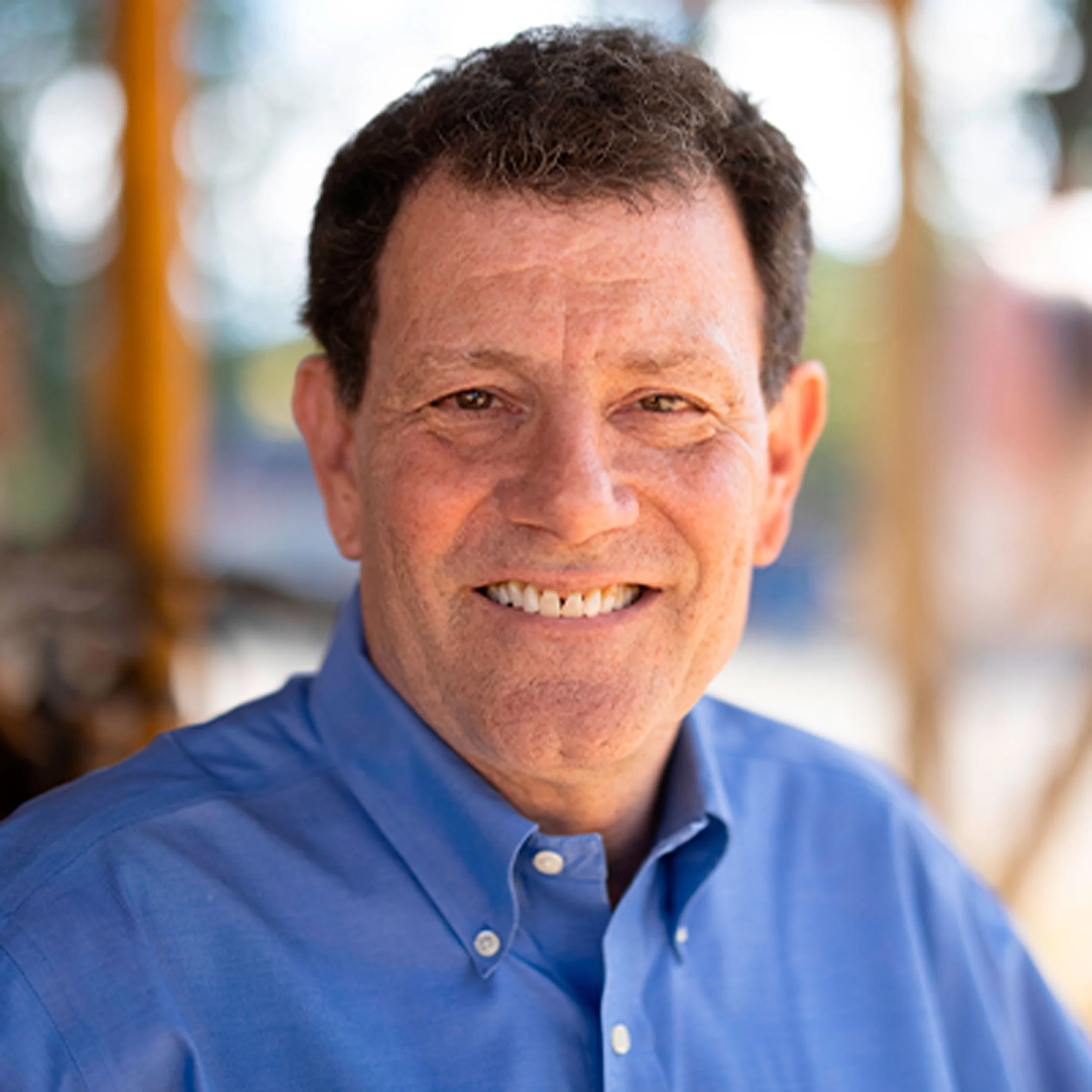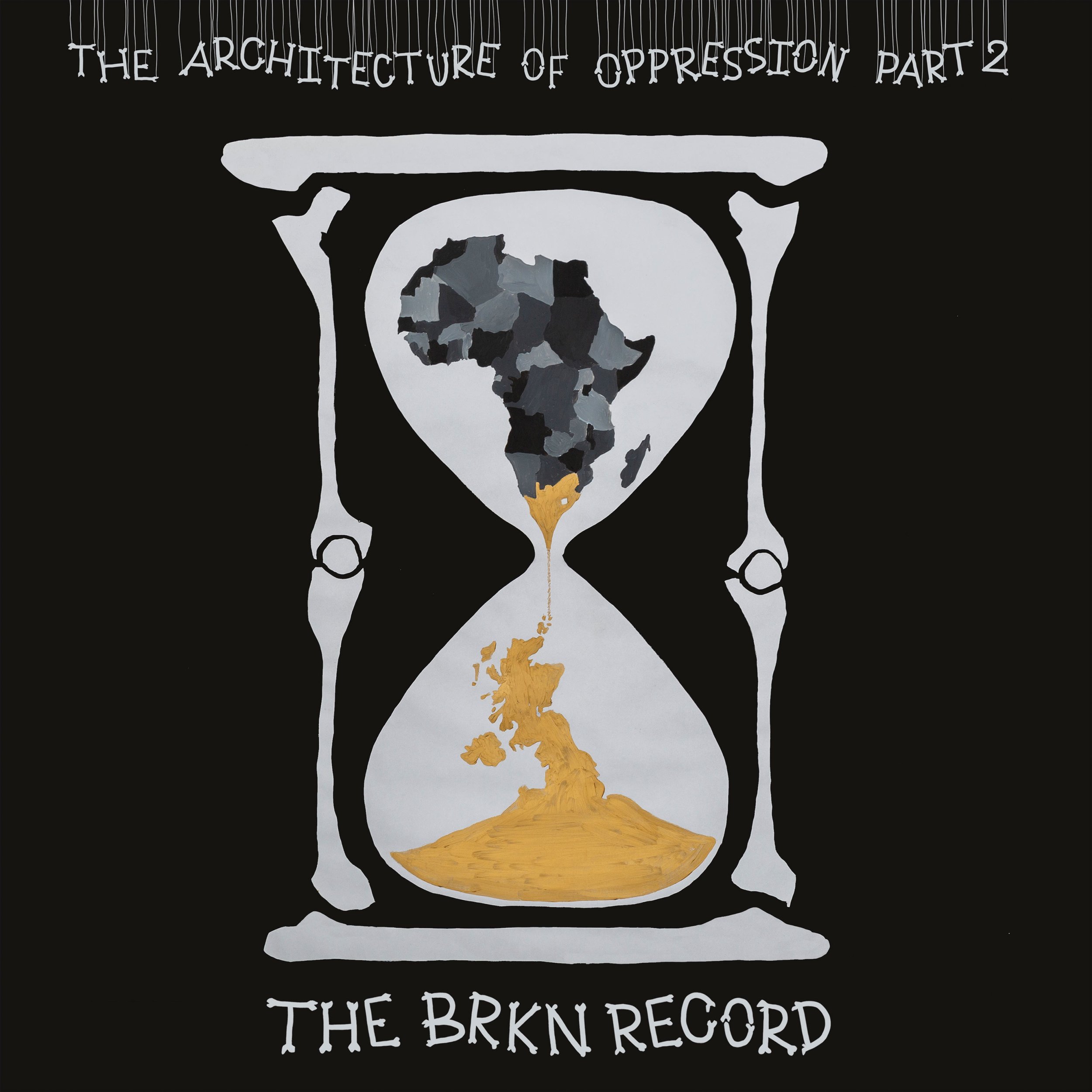An Interview with Members of the International Solidarity Movement
In this episode on Speaking Out of Place podcast Professor David Palumbo-Liu talks with three international volunteers from the International Solidarity Movement. They are all involved in the effort to save the Masafer Yatta region in the Occupied West Bank.
While it has been a common practice of psychological warfare for the IOF to place military firing ranges near villages, neighborhoods, outside Palestinian hospitals, and prisons as a persistent reminder of its power and the possibility of lethal force in every space, the case of Masafer Yatta is exceptional--people’s actual homes are bulldozed, land confiscated, livestock stolen, and people often driven to live in caves. Palestinians face physical attacks, including indiscriminate shootings, from Israeli settlers, military police, and the Israeli Occupation Force, who each act in collusion with each other, and enjoy near immunity.



















